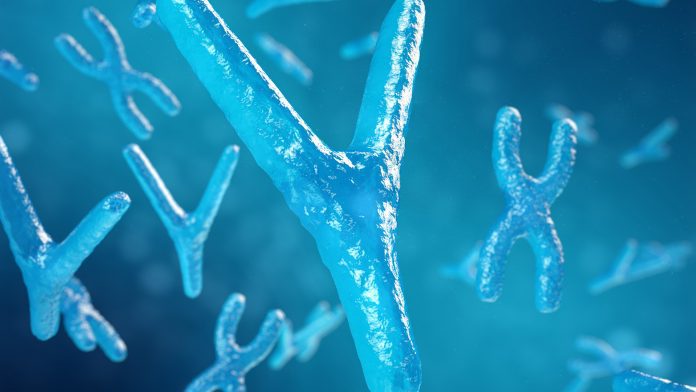
Researchers from Uppsala University believe the loss of the Y chromosome may put men at an increased risk of severe cases of COVID-19.
Loss of the Y chromosome in male white blood cells may be increasing the likelihood of COVID-19 cases becoming serious, according to a new study. The university’s findings could be used to assess the risk of developing severe COVID-19 and improve treatment.
The study was produced as part of a collaboration with researchers at the Sahlgrenska Academy in Gothenburg, the National Bioinformatics Infrastructure at Stockholm University and the Medical University in Gdansk, Poland.
Men had worse COVID-19 outcomes
The loss of the Y chromosome in white blood cells is a common genetic change in men that becomes more common with age. During the COVID-19 pandemic, it became evident that men were often more seriously affected by the virus. Male patients made up around 75% of intensive care cases. The proportion of men who died from COVID-19 was also higher compared to women.
In their study, the researchers have identified a link between the loss of the Y chromosome and the risk of severe COVID-19.
“We studied blood samples taken from over 200 male patients in intensive care units between the beginning of 2020 and the summer of 2021. Our analyses showed that loss of the Y chromosome was linked both to the severity of the disease, based on the WHO grading, and to the risk of dying,” said Bożena Bruhn-Olszewska, a researcher at Uppsala University.
The study also found a link between a higher proportion of Y chromosome loss and impaired lung function. There was also an association between complications in the form of blood clots and a higher percentage of Y chromosome loss in specific types of white blood cells. It was also noted that the higher proportion of cells with Y chromosome loss was transient.
“We had the opportunity to analyse samples taken from some of the patients three to six months after they were discharged from the intensive care unit. In these samples, the proportion of cell chromosome loss had drastically decreased. As far as we know, this is the first time anyone has shown that Y chromosome loss has dynamic properties linked to an acute infectious disease,” explained Hanna Davies, researcher at Uppsala University.
Y chromosome loss can help predict severe COVID-19 cases
The researchers believe that the loss of Y chromosomes could be used as a biomarker to predict which patients are at risk of severe disease development from COVID-19.
“Our results contribute to a better understanding of the importance that LOY has for susceptibility to the disease, especially in relation to the functioning of the immune system. We also believe that the new knowledge may be relevant to other common viral infections that are more serious for men than for women,” explained Jan Dumanski, Professor at Uppsala University who has led the study.









